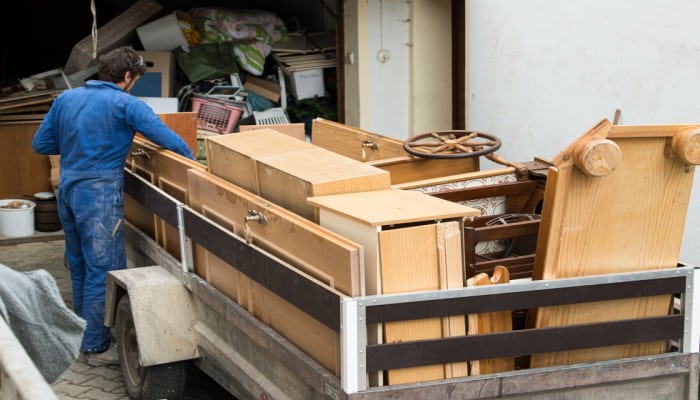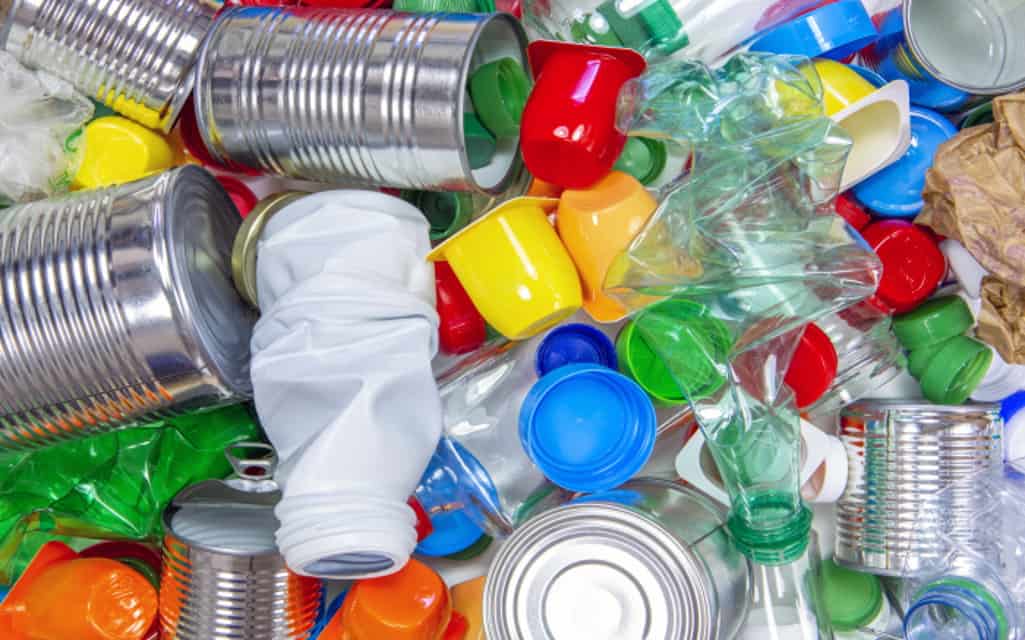Every household produces a variety of waste. Many homeowners throw out items into the bin without considering if they could be recycled. Sadly, that’s not the right way to get rid of your waste. When segregation isn’t done correctly, your trash will end up in a landfill, which is detrimental to the environment.
It’s important to keep in mind that waste can come in different types. Some can be recycled or are biodegradable, while others can even be hazardous.
When it comes to household items, let’s check out which ones typically end up in the trash:
1. Plastic Waste
Almost all households produce various plastic waste such as jars, bags, containers, and bottles. Although plastic is not biodegradable, you can recycle most of them instead of throwing them away. Make sure you won’t mix the plastic with regular waste. Separate them and place the plastic waste in a recycling bin. If you want to repurpose these plastic items, you can get creative and make planters, herb gardens, or even lamps.
2. Paper Waste
There are different types of paper products that every household throws out now and then, such as cardboards, newspapers, packaging materials, paper towels, and many more. This type of waste can readily be recycled or reused. Instead of throwing paper products away, place them in a recycling bin or drop them off at a local recycling center. You can also use them for some art projects like papier mâché or decoupage.
3. Old Furniture And Appliances

For those who are doing major decluttering, items that most commonly end up being thrown away are worn-out or old furniture and appliances. Since you can’t just throw away an old sofa, mattress, or chaise lounge, it’s best to consider proper disposal services like this company who can help with old lounges or couches. This way, your furniture won’t just be discarded haphazardly.
4. Glass And Ceramics
Empty glass bottles and worn-out ceramics also end up in the trash often. However, unknown to most people, some broken glass and ceramics can still be repaired and don’t have to end up in the bin. In fact, the Japanese practice what they call “Kintsugi,” or the art of repairing broken pottery using gold, which results in a stronger, more resilient item. While you don’t necessarily have to use gold to repair your ceramics, you can consider doing a similar activity as it could help you relax and fend off stress. In addition, your broken ceramics and pottery won’t have to end up in the trash bin instantly. Just remember to exercise caution during the repairs so you’ll avoid cutting yourself with the broken pieces.
5. Metals And Tins
Metal and tin waste can take up various forms such as food containers, canned goods, and household materials. Luckily, you can readily recycle most metals or repurpose them into pots for your plants, containers for pens and pencils, art supply organizer, and many more. Of course, you can also choose to drop them off at your local recycling center or place them in your recycling bin for proper disposal.
6. Organic Waste
Most households also produce different organic waste such as leftover food like meat and vegetables, as well as old leaves and branches from the garden. Although organic waste can transform into fertilizers with the help of microorganisms, you can’t just dispose of them anywhere.
Organic waste ending up in landfills can lead to the production of methane gas. With this in mind, this type of waste should not be mixed with general waste. It’s best to use a garden bag or green bin to dispose of organic waste properly. On the other hand, you can consider composting or mulching to deal with your organic waste.
Conclusion
Households generally produce a large amount of waste regularly. Whether you’re tossing away a lot of plastic or paper waste, or a piece of old furniture such as a sofa or mattress, or even appliances like an old refrigerator or dishwasher, proper disposal or recycling of these should be exercised. This way, these household items won’t end up in landfills and can have a second lease in life.



